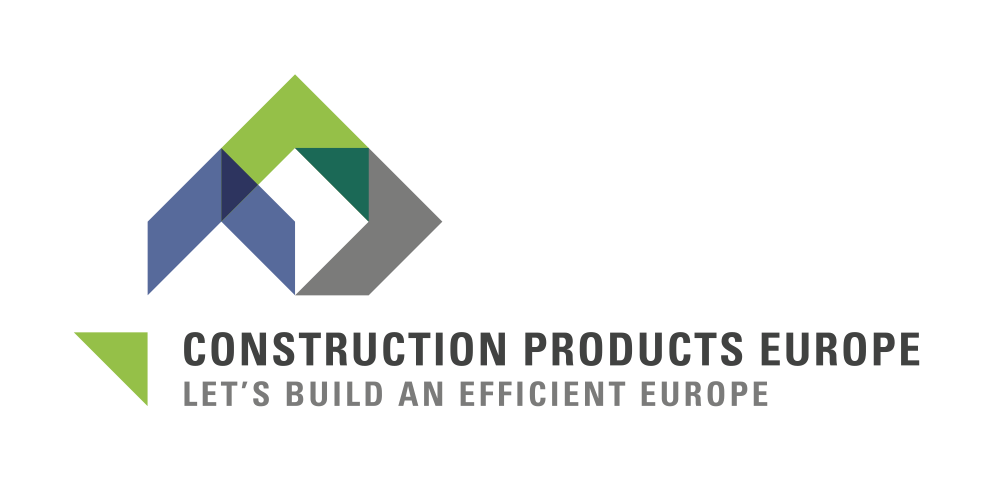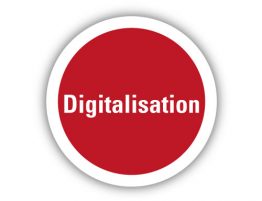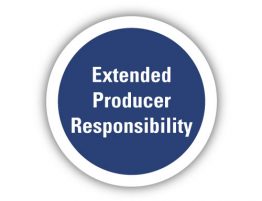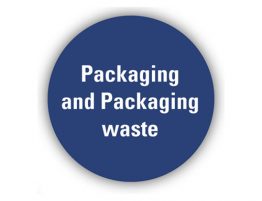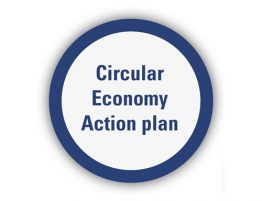Sustainable Products Initiative – better regulation portal
This legislative initiative is intended to establish sustainability principles to regulate:
- Durability, reusability, upgradability and reparability
- Presence of hazardous chemicals
- Energy and resource efficiency;
- Recycled content
- Remanufacturing and high-quality recycling;
- Carbon and environmental footprints
- Digitalisation of product information, including digital passports and tagging
- Linking high sustainability product performance to incentives
The policy implementation of the sustainability principles is expected to take place by widening Ecodesign Directive beyond energy related products, and made applicable to the broadest possible range of products, including construction.
Implementation of Ecodesign to construction products is challenging, because product performance in a building depends on design, construction, operation and external conditions (climate, orientation, latitude, etc.) and due to the risk of creating overlapping and conflicting provisions[1] with the Construction Products Regulation.
An effective approach to implement the sustainability principles to construction would be to integrate the necessary product characteristics and indicators in the regulatory framework of the CPR. In fact, some of them are already implemented e.g. declaration of thermal performance of products, durability tests and release of dangerous substances. The digital perspective is also covered because the CPR was considered one of the first regulatory policies to implement efficient delivery of digital documents. In fact, most manufacturers upload their declarations of performance in digital format.
SPI implementation to construction products through the existing
CPR framework would deliver results faster than through other policies
A clear benefit of digital declarations is the availability of complex and detailed information but the concept of product passport needs to be implemented together with Building logbooks to ensure product information can be correctly tracked to the relevant construction site. Finally, any information should be compatible with BIM, the global megatrend to digitalise construction and construction activities in the world.
On the sustainability side, policy implementation should consider the efforts of Member States to establish methodologies to assess sustainability of buildings and the action of the EC to develop a common framework called Level(s). To be efficient, the sustainable product initiative should be built on the existing methodologies and avoid defining parallel routes.
[1] Solid fuel stoves are covered by the CPR and Ecodesign. Discrepancies between them were identified and are in the process to be solved by the EC.
